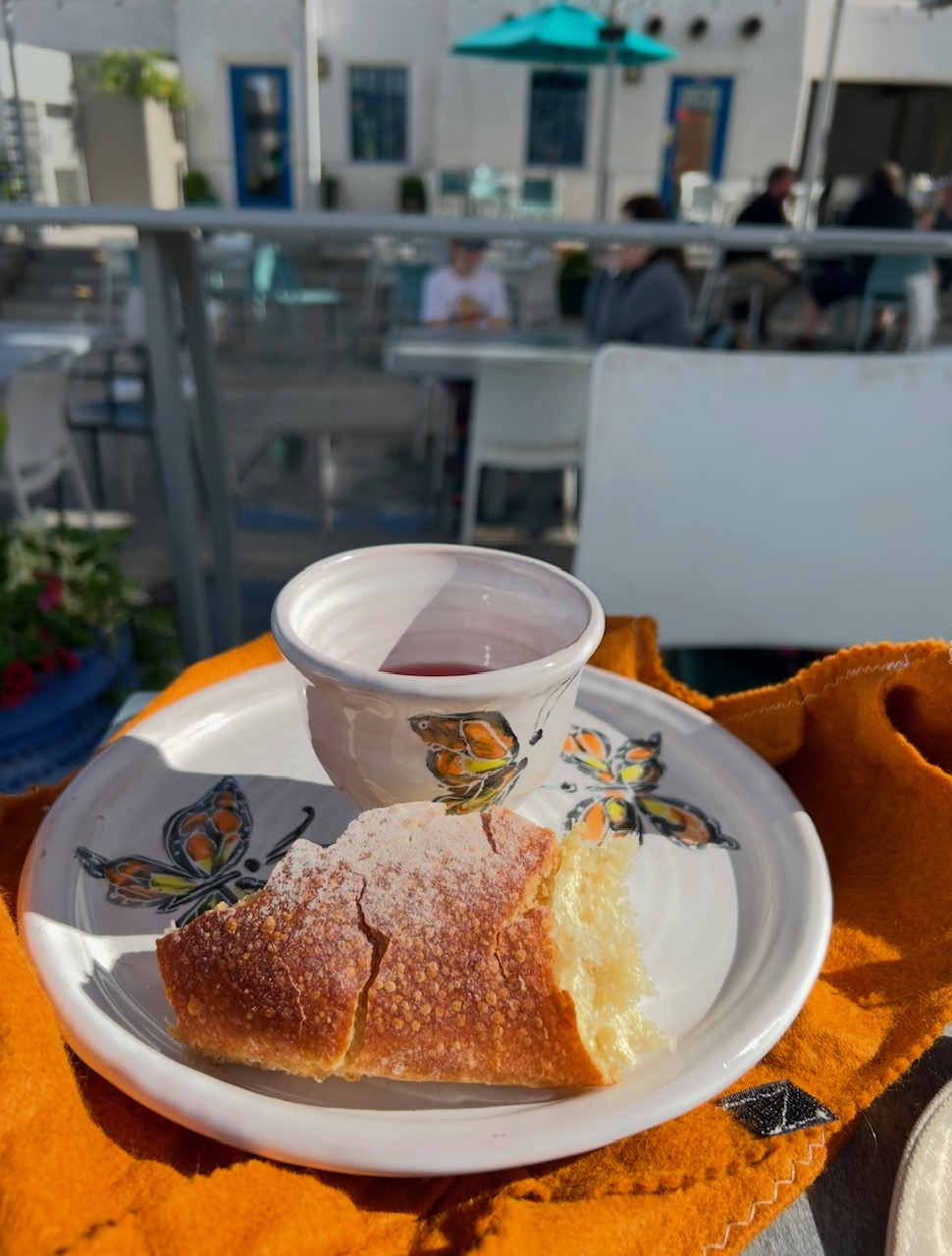
To Celebrate or to Sit?
Have you ever been privy to a conversation or message where you can literally only remember one phrase or comment shared? I had that moment today as I sat passively during worship and the comment and question posed was this: “Do you celebrate restoration in the here and now or do you sit in resentment in the past?”
I have always taken myself to be a forward-thinking person, but I admit, I do not always consider those things I hold onto from the past. I recognize that all that we have experienced communally and as individuals form how we present ourselves and live out our day’s but, I am admittedly not always good at sitting with and taking the time to heal and restore old wounds – both which I have inflected and those I carry from others.
Restoration is one of the most beautiful themes in Scripture. Time and again, God takes what is broken and makes it whole, what is lost and brings it back, what is wounded and breathes new life into it. Yet, despite this divine pattern of renewal, we often struggle with how to respond when restoration happens—not just in our own lives, but especially in the lives of others.
Consider the parable of the Prodigal Son. The younger son takes his inheritance, squanders it, and returns home expecting rejection. Instead, he is met with a father’s embrace, a robe, a ring, and a feast. Restoration and grace is at the heart of this story. But standing just outside the celebration is the older brother—resentful, frustrated, unwilling to rejoice in his brother’s return. His heart is wrapped in bitterness, unable to join in the joy of redemption.
How often do we find ourselves in the same position? When someone we deem unworthy receives grace, do we celebrate or do we grumble? When someone is lifted up after a fall, do we rejoice or do we resent? The human heart is prone to comparison, and comparison can quickly breed resentment when we feel overlooked, underappreciated, or more deserving than another.
The truth is , we don’t earn restoration or grace —it is a gift freely given. And if we truly believe in the power of restoration, then we must be willing to celebrate it, even when it happens to those we least expect or those we struggle to forgive.
Perhaps resentment is a signal, not just of our disappointment, but of a deeper need within us—to know that we, too, are seen, valued, and loved. The good news is that in God’s economy, restoration is never in short supply. There is enough grace for the prodigal and the elder son. There is enough room at the feast for all.
So, the question remains: When we witness restoration and grace poured out for another, will we join the celebration? Or will we sit outside, arms crossed, missing the joy of what is happening?
May we choose to celebrate, to embrace grace, and to let go of resentment so that we can fully enter into a life of joy.
Related Posts
The Impact of Silent Injury
This week, I found myself studying a psychological concept that I have heard of...
Lamentation: What Do You Lament?
I am a big fan of stained glass – specifically stained glass that is used to...
The Holiness of No – A Practice in Self-Care
I was reminded this past week of a time I never said No – No to attending a...
Do you have 8 Minutes to Spare?
Recently, a friend shared a YouTube video featuring leadership speaker and...






